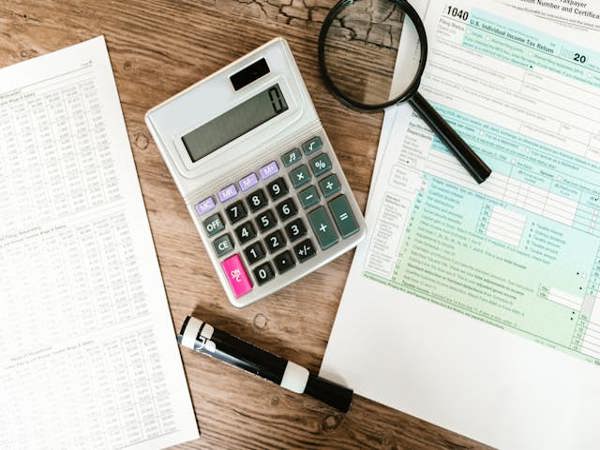Credit cards can be a convenient tool for managing expenses, but they can also become a trap if not used wisely. In Nigeria, where financial literacy is still developing, many people fall into the dangerous cycle of credit card debt without fully understanding the consequences. This article will explore the hidden dangers of credit card debt, using real-life examples to highlight the risks and offer practical advice on how to avoid them.
Understanding Credit Card Debt
Credit card debt occurs when you spend more on your credit card than you can afford to pay back. Unlike loans that have fixed repayment plans, credit cards allow you to borrow money up to a certain limit and pay it back over time. However, if you don't pay off your balance in full each month, interest charges start to accumulate, and that's where the trouble begins.
The Temptation of Easy Money
Imagine you're in a Lagos shopping mall, and you see a beautiful pair of shoes you've been eyeing for months. You check your wallet, and there's not enough cash, but your credit card is right there, tempting you to swipe. It's easy to convince yourself that you'll pay it off next month, but what if you don't?
That's how many Nigerians get caught in the web of credit card debt. The ease of spending without immediate consequences makes it tempting to overspend. But when the bill arrives, the reality hits hard, especially if you're already dealing with other financial commitments.
High-Interest Rates: The Silent Killer
One of the most dangerous aspects of credit card debt is the high-interest rates. In Nigeria, credit card interest rates can be as high as 30% per annum. This means that if you owe ?100,000 on your credit card and only make the minimum payment, you could end up paying back more than double that amount over time.
For example, let's say you have a credit card debt of ?200,000 with an interest rate of 30%. If you only pay the minimum payment of 5% each month, it could take you over 10 years to pay off the debt, and you'd end up paying more than ?400,000 in interest alone.
The Minimum Payment Trap
Credit card companies often allow you to make a "minimum payment," which is usually a small percentage of the total balance. While this might seem like a convenient option, it's actually a trap. Paying only the minimum amount keeps you in debt longer and costs you more in interest.
Take, for example, a young professional in Abuja who racked up a credit card debt of ?150,000. She thought she was managing her finances well by making the minimum payment each month, but she soon realized that her debt wasn't shrinking. Instead, it was growing due to the high-interest rates. It wasn't until she started making larger payments that she saw the debt start to decrease.
The Emotional Toll
Credit card debt doesn't just affect your finances; it can also take a toll on your mental and emotional well-being. The constant worry about making payments, the fear of falling further into debt, and the stress of dealing with collection calls can lead to anxiety, depression, and even relationship problems.
Consider the case of a Lagos-based entrepreneur who used his credit card to finance his business during a slow period. The debt quickly spiraled out of control, leading to sleepless nights and strained relationships with his family. The stress of managing the debt overshadowed his business success, and it took years for him to regain his financial footing.
How to Avoid the Pitfalls
- Budget Wisely: Before using your credit card, make sure you have a clear budget in place. Only spend what you know you can pay off at the end of the month.
- Pay More Than the Minimum: Always aim to pay more than the minimum payment. This will help you reduce the debt faster and save on interest charges.
- Avoid Impulse Purchases: Think twice before making non-essential purchases with your credit card. If you don't have the cash, consider whether you really need the item.
- Track Your Spending: Regularly review your credit card statements to ensure you're staying within your budget and not overspending.
- Seek Help If Needed: If you find yourself struggling with credit card debt, don't hesitate to seek help. Financial advisors or debt counseling services can provide guidance on managing your debt.
Conclusion
Credit card debt can quickly spiral out of control if not managed carefully. In Nigeria, where high-interest rates and financial challenges are common, it's essential to understand the risks associated with credit cards. By being aware of the hidden dangers and taking proactive steps to manage your finances, you can avoid the debt trap and maintain a healthy financial future.

.jpg)







